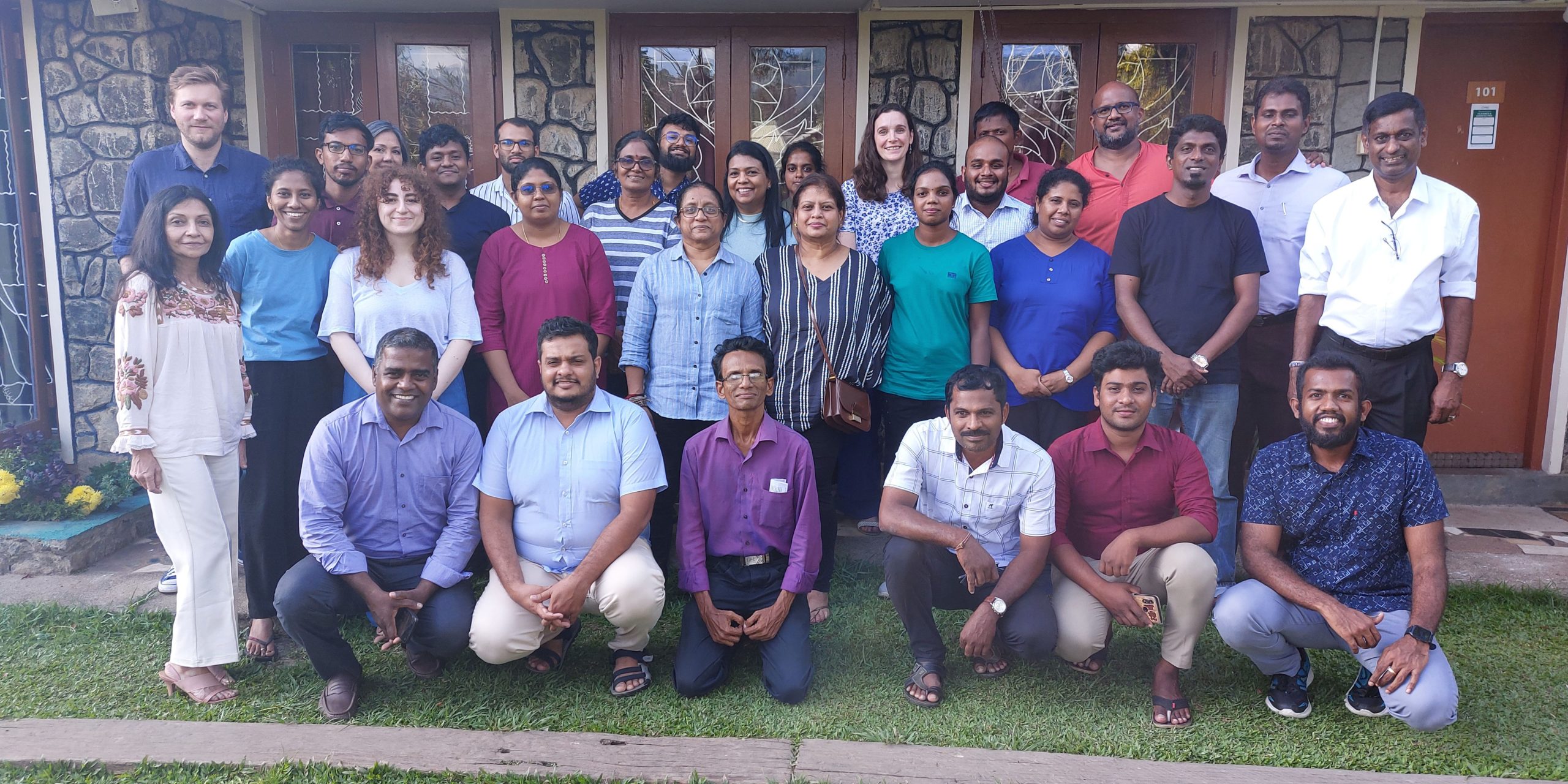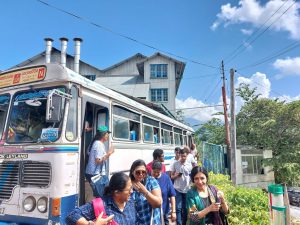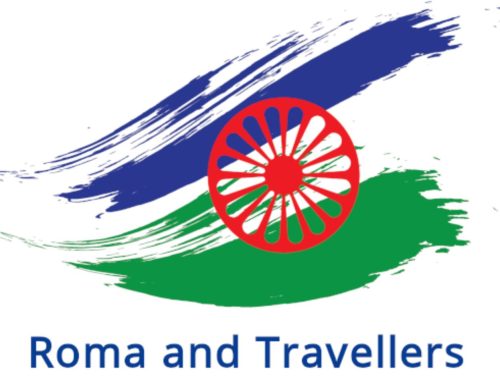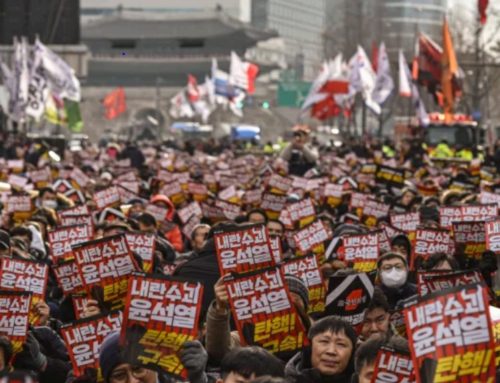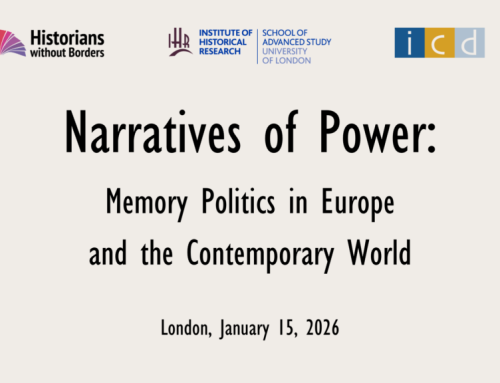In partnership with the Colombo-based Collective for Historical Dialogue and Memory (CHDM) and the Strengthening Social Cohesion and Peace in Sri Lanka (SCOPE) programme of the German development agency GIZ, EuroClio organised a seminar on historical thinking concepts in Bandarawela, Sri Lanka, 20-21 April 2024.
The seminar, welcoming 21 history educators from all across the island of Sri Lanka, was part of a series of events organised by EuroClio and partners for the Histories that Connect Sri Lanka project. Earlier seminars took place in Kandy, in Central Sri Lanka, and Jaffna in the Northern Province. Bandarawela, a small town located among the tea plantations of the Sri Lankan hill country, provided a picturesque backdrop for a retreat-like seminar aimed at strengthening the emerging network of history educators of the Histories that Connect project.
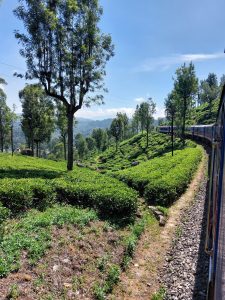
The EuroClio team enjoyed a beautiful train ride through the tea plantations in the Sri Lankan hill country to and from Bandarawela
As part of the seminar, history teacher and EuroClio trainer Bridget Martin (International School of Paris) delivered a workshop on questioning in the history classroom, while Meena Malhotra (Seagull Foundation for the Arts / History for Peace) joined us from Kolkata to conduct a workshop on recognising biases. With the aim of strengthening a network of teachers working across linguistic divides, the seminar was facilitated in English with interpretation to both Sinhala and Tamil. Participating teachers were also invited to share some of their own teaching methods and strategies. A highlight of the seminar was the visit to a nearby tea factory, which also provided an opportunity for Histories that Connect coordinator Buddisha Weerasuriya (University of Peradeniya) to share his work on placed-based learning methodologies.
EuroClio’s Secretariat was represented at the seminar with Project Managers Andreas Holtberget and Eugenie Khatschatrian, who will continue with the implementation of the project with additional seminars for teachers as well as the publication of teaching materials in English, Sinhala and Tamil.
The seminar was funded through SCOPE. SCOPE is co-financed by the EU and the German Federal Foreign Office, and implemented by GIZ in partnership with the Government of Sri Lanka.


